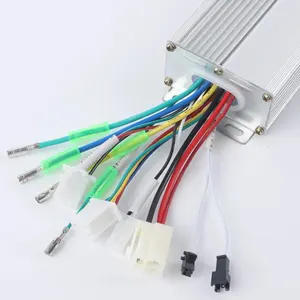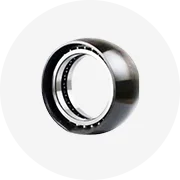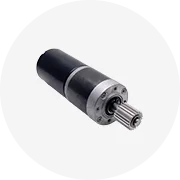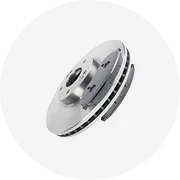
TK Brushless DC Motor Controller Bldc Speed Foc Controller Electric Motor Ebike Controller For E Bike

24V 48V 220V 15W 40W 60W 90W 120W 200W 400W 300W 500W 750W High Torque BLDC DC Brushless Gear Motor Oriental Equivalent














A controller BLDC motor stands as a cornerstone in the realm of motor management, integral for ensuring that brushless DC motors operate with the utmost precision. These controllers are pivotal in dictating the performance of motors by managing parameters such as speed and torque, making them essential for a wide array of applications.
The versatility of BLDC motor controllers is evident in their compatibility with various motor types. From brushless DC motor controllers designed for delicate electronic devices to robust units capable of handling industrial machinery, the spectrum of controllers caters to diverse needs. Specialized variants like the BLDC motor controller 48V are tailored for specific voltage requirements, ensuring compatibility and efficiency.
The sophistication of a BLDC controller can range from simple, fixed-function devices to complex, programmable systems. Advanced controllers may include features like hall sensors in BLDC motor setups for precise rotational speed feedback, enhancing the control over motor dynamics. Additionally, features such as brushless DC motor speed control allow for fine-tuning of motor operation, crucial for applications requiring meticulous speed regulation.
The construction of a BLDC motor driver involves various materials chosen for durability and conductivity, ensuring that the controller can withstand the demands of its operating environment. The integration of robust components supports the longevity and reliability of the controller, which is particularly important in BLDC servo motor applications where precision is paramount.
Employing a driver for brushless DC motor systems brings forth several advantages, such as enhanced energy efficiency and improved motor lifespan due to precise control. The use of a brushless DC driver also contributes to reduced maintenance needs, as brushless motors inherently have fewer wear and tear components than their brushed counterparts.
When integrating a driver BLDC into a system, it is crucial to match the controller to the motor's specifications, including wattage and voltage. A 48v BLDC motor controller, for instance, should be paired with a motor designed for the same voltage to ensure seamless operation. The selection process involves considering the motor type, whether it's a brushless DC motor 3 phase or a single-phase motor, and the specific requirements of the application.